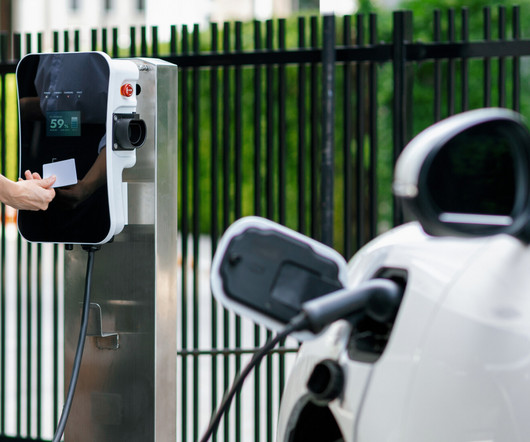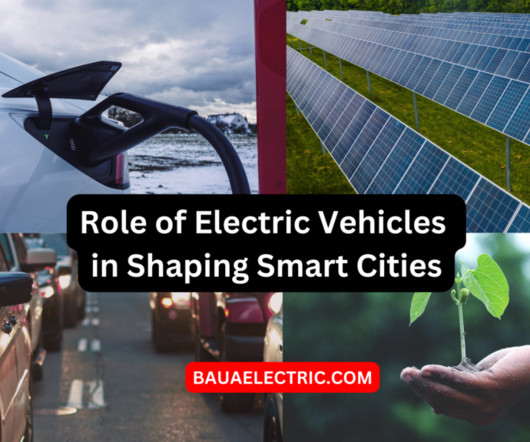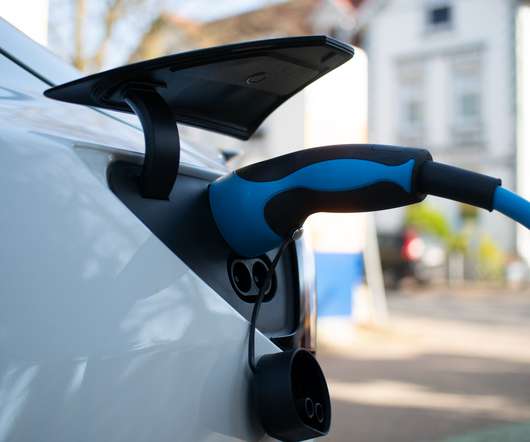AeroVironment licenses PNNL EV smart charger controller technology
Green Car Congress
MARCH 6, 2013
The PNNL technology tells a vehicle’s battery charger when to start and stop charging based upon existing conditions on the electrical grid. has licensed smart charging controller technology developed at the US Department of Energy (DOE) Pacific Northwest National Laboratory (PNNL) for incorporation into its charging station equipment.













Let's personalize your content